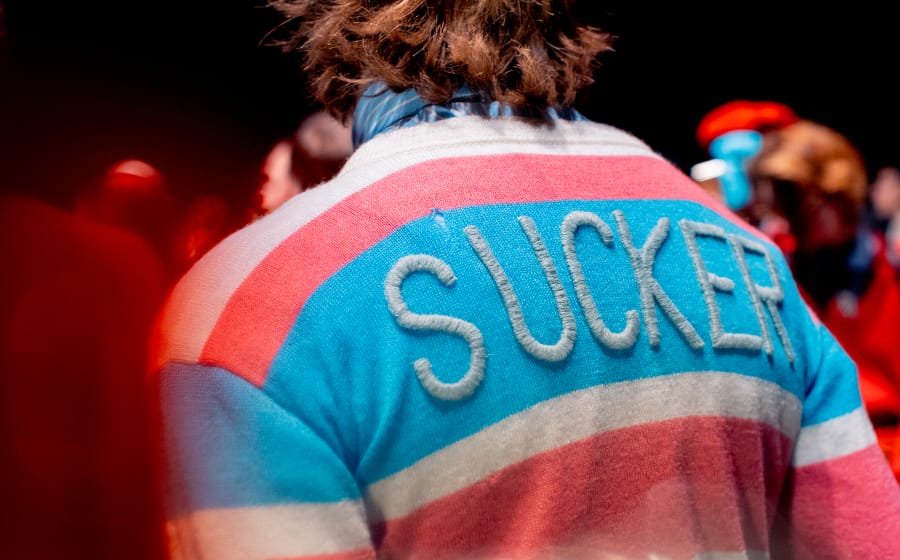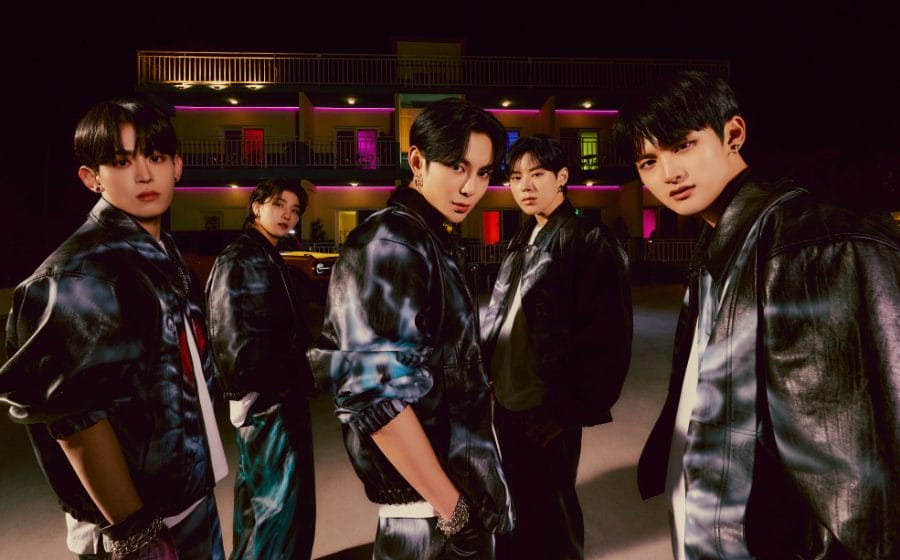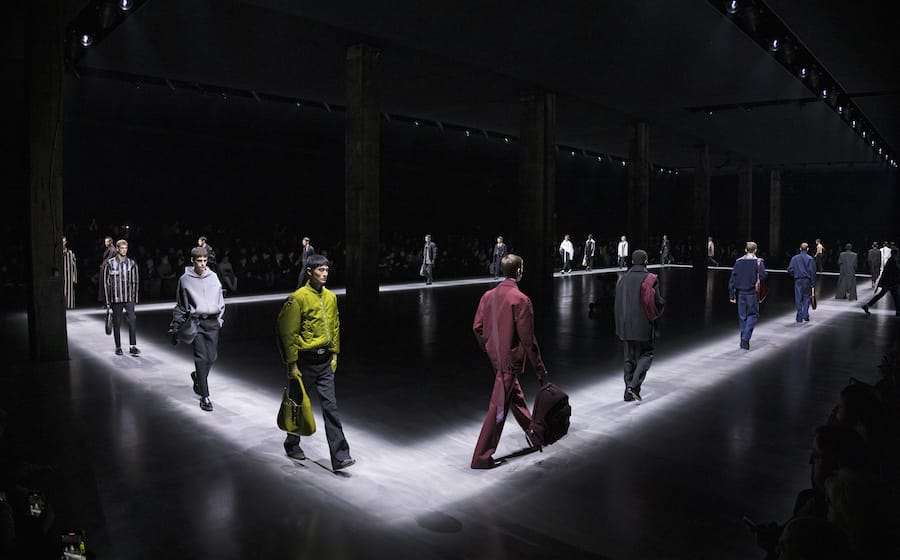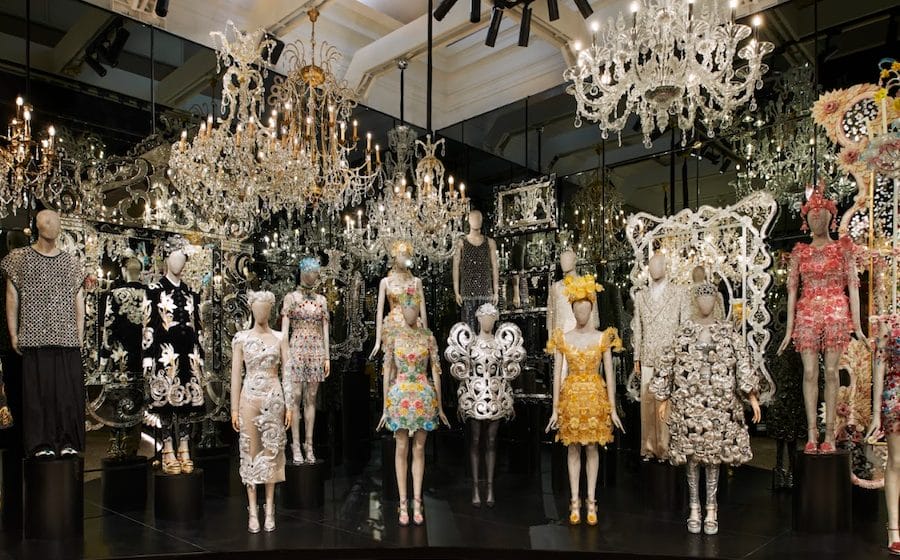
“The world is ready for a gay superhero.” Well, hallelujah! Launch all the rainbows! Finally, the LGBT+ community can have its very own Chris to deliver beatdowns, make quips, and be as emotionally ambiguous as any of the straight counterparts. Hooray for progress, amiright?
Put down the poppers and sober up for a second. It should be viciously clear why Marvel Studios made the proclamation on the heels of two of its most diverse films to date – the female- led Captain Marvel and the revolutionary Black Panther. The multibillion-dollar-earning Marvel Cinematic Universe (MCU) has inexplicably become the standard-bearer for equality and representation and tackling sexuality is the obvious next step after gender and race in the social justice trifecta. It is certainly not a targeted marketing ploy designed to curry social media favour, the kind of shallow gimmickry that has recently become all the rage.
Back when Avengers: Endgame was released, the world was told that it featured the MCU’s first openly gay character. No one noticed because it was a blink-and-miss moment when an unnamed rando recounts his date with another guy in a group therapy session. The scene is fine on its own, but Marvel Studios furiously patting themselves on the back ultimately turned it into a weak feint at inclusion. It became the same bait and switch as declaring Dumbledore gay or touting LeFou’s song-and-dance about Gaston in Beauty and the Beast as an “exclusively gay moment” (the former unnamed rando at least had more depth).
The world has always been “ready” for gay superheroes. They have existed in mainstream comics and TV for some time now – there were even several gay weddings on panel back when same-sex marriage started getting legalised. Marvel Studios is simply ready to cash in on it now, and there is nothing wrong with that – it is the raison d’être of monolithic corporate entities after all. But constantly ballyhooing the diversity agenda is tiresome, as tiresome as assembling all the female heroes for a cringe-tastic girl power moment in Endgame, or being subjected to a misguided actress’s self-righteous haranguing.
In all honesty, the superhero genre is probably not the best place to showcase a gay narrative. Then again, there is no denying the immense clout a Marvel Studios blockbuster can bring to LGBT+ representation – once they overcome misanthropic mums, religious intolerance, and some audience’s incessant urge to shout about how gay the movie is. Now, that is the real marvel.








